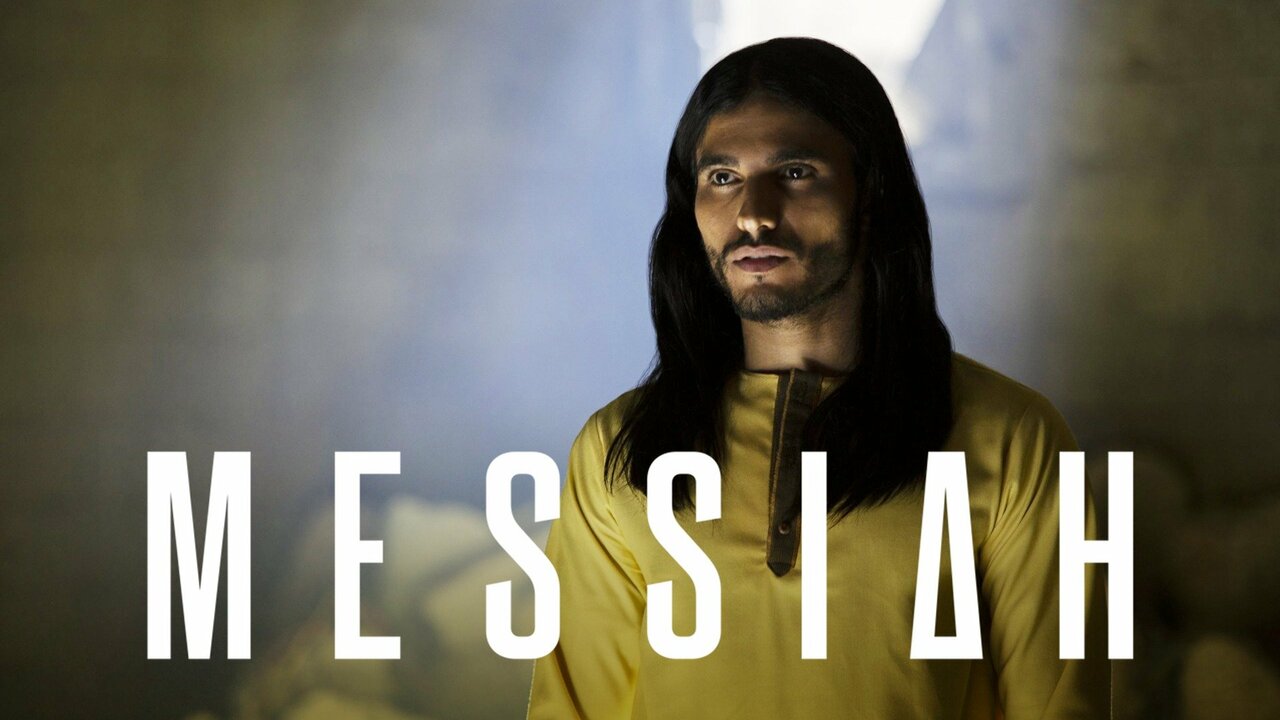Want to understand the enigmatic ending of the Netflix series Messiah? You’re not alone. Many viewers have been left perplexed and seeking answers. One burning question is whether Al-Masih is truly the Antichrist. In this article, we will dive into our interpretation of the series and shed light on the thought-provoking conclusion. (Note: Major spoilers ahead!)
Ambiguity Towards a Potential Season 2
As of now, a second season of Messiah has not been officially confirmed. However, given the open-ended nature of the ending and the overwhelming desire for continuation among fans, it is highly anticipated. We eagerly await news of a renewal and the exploration of further plotlines.
Unraveling the Messiah Ending
To make sense of the Messiah ending, we will address some of the most prominent questions and theories that have been circulating among viewers.
Is Al-Masih the Antichrist?
The central question revolves around Al-Masih’s true nature and whether he can be identified as the Antichrist, as suggested in the Quoran. While we cannot definitively confirm his identity, it is crucial to note that Al-Masih’s actions throughout the series align more with those of the biblical Messiah. In the final scenes, he even appears to perform acts of resurrection, a far cry from the Antichrist. However, it’s possible that these miracles are strategic moves to convince others of his messianic status.
Is Jibril Medina the Real Messiah?
Jibril Medina, a character who undergoes immense trials and exhibits unwavering faith, presents a compelling case for being the true Messiah. Drawing parallels to the biblical Jesus Christ, Jibril’s journey reflects the sacrifices made by the original Messiah. If Jibril proves to be the genuine Messiah, it strengthens the theory that Al-Masih is his contrasting counterpart, the Antichrist. Ultimately, this remains a mystery, as the show intentionally keeps audiences guessing.
Exploring Multiple Religions
Contrary to popular belief, Messiah is not solely focused on Islam or Christianity but also intertwines Judaism into its narrative. Set in Syria, Israel, and the USA, the series portrays a multireligious backdrop, highlighting the cultural and religious diversity of these locations. By incorporating different belief systems, Messiah prompts viewers to consider how religious narratives intersect and influence one another.
The Intersection of Religion and Politics
Religion has always exerted influence on political realms, sometimes for better, and other times for worse. Al-Masih’s character is no exception, as he demonstrates a clear political agenda. Advocating for the withdrawal of US troops, his actions undeniably carry political implications. While religion preaches love, understanding, and compassion, it often intertwines with politics, leading to complex dynamics. Al-Masih’s collaboration with an anarchist who seeks to disrupt the established order further blurs the line between religious intentions and political motives.
A Mind-Bending Conclusion
The finale of Messiah delivers a tantalizing blend of intrigue and uncertainty, leaving viewers with more questions than answers. It challenges us to contemplate the blurred boundaries between spirituality and politics, the enigmatic nature of religious figures, and the power of faith in an ever-changing world. While we may crave an explicitly explained ending, the open-endedness allows us to engage in meaningful discourse and formulate our own thought-driven conclusions.
FAQs
1. Will there be a second season of Messiah?
No, Netflix has decided not to renew the series for additional seasons. While disappointing for fans, the conclusion remains open to personal interpretation.
2. Does the ending confirm Al-Masih’s true identity?
The ending intentionally leaves Al-Masih’s true identity ambiguous. It is up to viewers to draw their own conclusions based on the provided narrative.
3. Which religions does Messiah explore?
Messiah does not solely focus on Islam or Christianity but also incorporates Judaism. The series aims to showcase the intersections and influences of multiple religious beliefs.
4. Does the series endorse any specific religious belief?
Messiah does not endorse or promote any particular religious belief. Instead, it raises thought-provoking questions about the nuances of faith and its impact on individuals and society.
5. Can the events in Messiah be directly linked to historical or biblical accounts?
No, the series is a work of fiction, drawing inspiration from various religious and political contexts to create its intricate narrative. It does not depict specific historical or biblical events.

